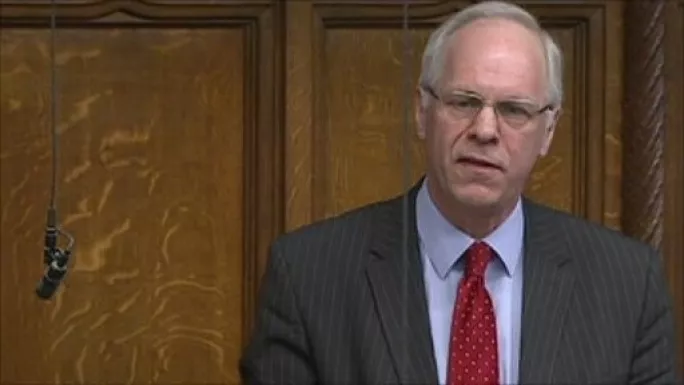‘Why increased competition among schools and colleges will shrink the curriculum options for students’
Nic Dakin, Labour MP for Scunthorpe and former sixth-form college principal, writes:
I was in a school in my constituency on Friday seeing first-hand the amazing changes brought about by the academy partners who had taken it over a year or so ago. All my 30 years plus working on the education front line has trained me to focus on what gets good outcomes for young people. That’s all that really matters. And, whatever my personal scepticism about academies, my own eyes told me that the change was working in this school for the better. Students were positive, focused and engaged.
A throw-away comment from the principal caught my attention though. She was frustrated that the local authority - whom she was generally positive towards - hadn’t been able to give her the student numbers for next year despite them having had the information since October. She said the earlier she knew, the easier the planning would be. After all, 10 students, she pointed out, were worth £50,000 to her - so knowing the numbers early would make a real difference in planning how best to organise her school.
It’s in that context I’m frustrated by the coalition government’s decision to put a UTC into Scunthorpe, adding a further 600 surplus places to an education community already awash with surplus secondary places. Indeed, the Conservative council closed a secondary school only a few years ago to reduce the number of surplus places. More recently, it took £3 million off the budget of the secondary school last in line for Building Schools for the Future funding.
But, of course, politicians of all colours can always find money for their own pet projects. That’s what we see with free schools and UTCs - both of which can be a good thing in the right place. But the right place is where school places are needed. And the really bizarre thing is that this government, while splashing out money on places where they are not needed, is presiding over the biggest school places crisis in a generation. It would be hard to make it up.
Another example of the strange choices being made is the £63 million being spent on nine 16-18 free schools while funding for 18-year-olds is being cut by 17.5 per cent, hitting local colleges hard. Worse still, in answer to written questions from me, the Department for Education has given figures that show these new schools will be funded at £5,500 per student compared to the £4,000 that FE and sixth-form colleges receive. If we are really as short of money as the government says, surely we can’t afford to make such bad choices about how to spend what little money we’ve got?
Many may see my response to getting new provision rather churlish. Why look a gift horse in the mouth, they might ask? Well the problem with surplus places is that it drives duplication and waste. Money is spent on competition and marketing. And the collaboration that all the international evidence says drives higher performance in a locality ends up being threatened as institutions become protective and inward looking.
Worse still, there’s a real risk that the curriculum offer available to local students shrinks as institutions with less money juggle the only variables they have - curriculum breadth, class size, student contact and teacher contact. Already we see in the post-16 landscape STEM (science, technology, engineering and maths) subjects being scaled back, language provision being significantly cut with sport, music, drama and careers guidance also being significantly reduced. More secondary surplus places mean this trend will accelerate to the detriment of young people, their parents and society at large. How does this make sense?
Keep reading for just £1 per month
You've reached your limit of free articles this month. Subscribe for £1 per month for three months and get:
- Unlimited access to all Tes magazine content
- Exclusive subscriber-only stories
- Award-winning email newsletters




